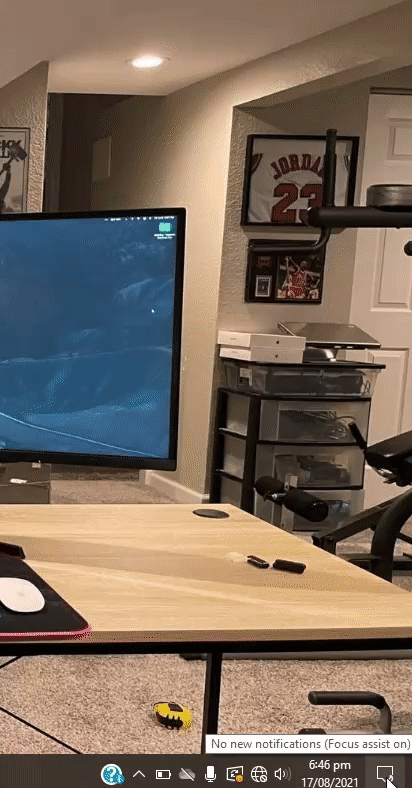
And remember, your results will be limited by the quality of your monitor and the panel technology it’s using: IPS typically has superior viewing angles and colors, and TN is more responsive and less prone to motion blur. If you still feel uncomfortable or unhappy with the results, modify them in small increments until you’re content. With the above in mind, try giving recommended and calibrated settings a few days to settle in. So even when a professional monitor calibrator is telling you that settings are correct, you may feel differently. One thing to acknowledge though: calibration is a subjective process because our eyes and brains can perceive color incorrectly (see: white-gold, blue-black dress ), and because of color blindness and other issues.

With a few simple tweaks you can fix all that, however, and finally see games as developers intended. Out of the box the majority of monitors are far from perfect when it comes to color, brightness, and motion blur calibration. 5, 6, 7 to set a different wallpaper on each of your monitors.By Andrew Burnes on Wed, GeForce Garage , Right-click the image and select the monitor you want the wallpaper to show.Īfter completing the steps, you can repeat step No. Browse to the location with your images, pick the wallpaper, and click Choose picture.Using the "Background" drop-down menu and select Picture.
:max_bytes(150000):strip_icc()/hp-pavilion-22-display-5803eff23df78cbc2877802b.jpg)
Also, you can always type the control /name Microsoft.Personalization /page pageWallpaper path using the Run command (Windows key + R) and clicking OK to access the background settings.



 0 kommentar(er)
0 kommentar(er)
